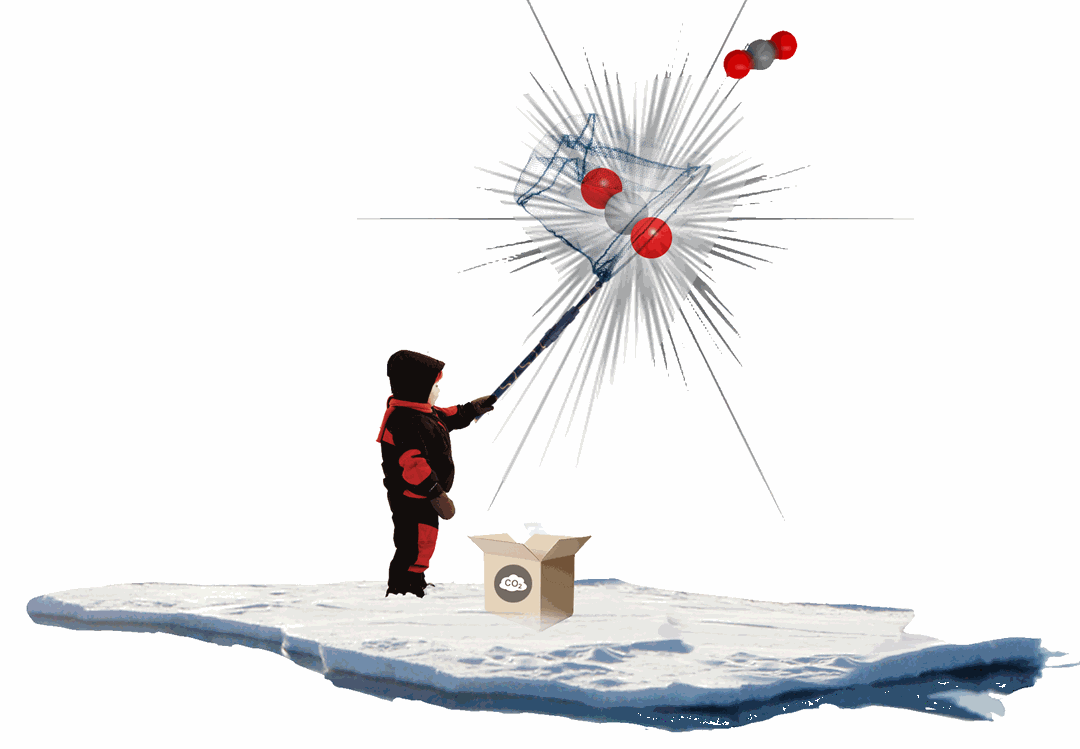Download relevant pictures for editorial purposes in our "On Beyond Oil"-album at flickr!
Mona Mølnvik leads NCCS - Norwegian CCS Research Centre – Industry driven innovation for fast track CCS deployment:
- NCCS will ensure that Norway remains an international leader in CCS
- NCCS will ensure that we have CO2 storage in the North Sea
- NCCS will contribute to the government's ambition to realize a full-scale CCS chain by 2020
- NCCS will exploit the potential of the ECCSEL infrastructure
Duration: 2016 – 2024
Budget (million NOK): approx 500
Centre Director: Mona Mølnvik
More details: NCCS
In short, CCS prevents large amounts of carbon dioxide from fossil fuels entering the atmosphere.
SINTEF and NTNU has a strong CCS research community. Since 1986, when Erik Lindeberg from SINTEF, proposed to store CO2 offshore, this has been a big research topic at both institutions. We have worked together with the industry to increase capture rate, developed more cost-efficient and safe CO2 transport and storage.
Storing CO2 today
In the Sleipner area of the North Sea, Norway have successfully captured and stored up to one million tonnes of carbon dioxide annually since starting up in 1996. Carbon capture and storage started at Hammerfest LNG in April 2008. At full capacity, Hammerfest LNG captures and stores 700,000 tonnes of carbon dioxide annually. Find more details here.
The Norwegian Government's ambition is to realize at least one full-scale CCS demonstration project by 2020. NCCS will work to make this happen.
NCCS is a new, national and international multi-disciplinary CCS partnership between operators, vendors and academia that have united to address one of the greatest challenges of our time: climate change.
To this end, NCCS will build the capacity to capture, transport and store billions of tonnes of CO2 by fast-tracking CCS deployment in Norway and beyond. CCS in the North Sea Basin has the potential of becoming a 50.000 billion NOK profitable business.
CCS must be fast-tracked if EU climate targets are to be met.
NCCS has a vision: to fast-track CCS deployment by addressing any remaining barriers identified in demonstration and industry projects through industry-driven, science-based innovation. This includes developing large-scale CO2 storage and enhanced oil recovery (EOR), as well as CO2 transport and capture technologies that will make CCS economically viable. It means upgrading CCS technologies to a higher technology readiness level (TRL).
NCCS has focused on two industry-driven deployment cases:
1) The Norwegian full-scale CCS chain capturing CO2 from industrial sources in Norway and trans-porting it by ship for storage on the Norwegian continental shelf (NCS) and
2) Storing Europe's CO2 in the North Sea Basin capturing CO2 from a variety of sources in Europe and transporting it via a pipeline network to Norwegian storage sites.
NCCS comprises 6 international oil and gas companies, 10 CCS technology vendors and 10 technology users in the private and public domain. The research partnership consists of SINTEF, NTNU, UiO, NGI and 20 other highly ranked research institutes and universities. The partnership will have access state-of-the-art laboratories and research facilities and advanced simulation tools.
Additional information:
- Blog: Gas or liquid: new CO2 mixture property knowledge needed for efficient and robust CCS
- Blog: Studying CO2 mixtures and CO2 flow reduces cost of pipelines
- All the CCS blogs on #SINTEFblog
- CEMCAP is a project funded by Horizon 2020 addressing CO2 capture from cement production.
- CCS is not profitable under the current energy regime, and will depend on the regulatory framework, incentives and the future cost of emissions. This is what the H2020 project GATEWAY project will address.
* This text is background information for the participants at the "On Beyond Oil"-event.


